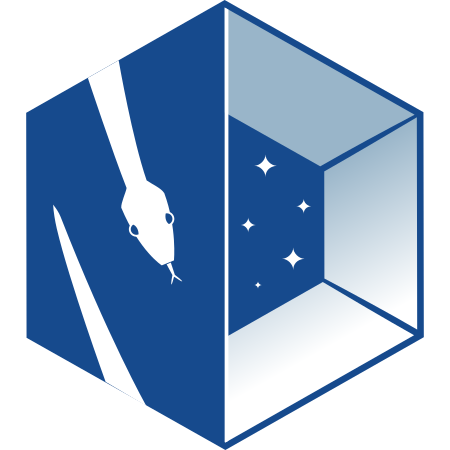Installing ndcube#
ndcube requires Python >=3.9, astropy>=5.0, numpy>=1.21 and gwcs>=0.18.
Installing the release version#
There are two options for installing the release version of ndcube.
The first is via the miniforge distribution using the conda-forge channel.
(The anaconda distribution can also be used but because miniforge is more lightweight, we recommend it.)
For more information on installing miniforge see the miniforge website.
$ conda install ndcube
To update ndcube do:
$ conda update ndcube
The second option for installing the stable version of ndcube is via pip.
$ pip install ndcube
Then to update ndcube do:
$ pip install ndcube --upgrade
Please see the sunpy installation guide for more general installation help.
Installing the development version#
If you want to contribute to the development of ndcube, you will need to install the development version via ndcube GitHub repository.
Let’s step through how to do this using miniforge.
For information on installing the miniforge distribution, see the miniforge website.
First, create a conda environment on your local machine to hold the ndcube bleeding edge version.
Using a new environment allows you to keep your root environment for stable package releases.
Let’s call the new conda environment ndcube-dev.
Type the following into a terminal:
$ conda create -n ndcube-dev pip
Be sure to activate the environment, i.e. switch into it.
$ conda activate ndcube-dev
Next clone the ndcube repo from GitHub to a new directory. Let’s call it “ndcude-git”.
Warning
If you want to develop ndcube, you should fork the repository and then clone your fork here and not the main ndcube repository.
$ git clone https://github.com/sunpy/ndcube.git ndcube-git
To install, change into the new directory and run the install script.
$ cd ndcube-git
$ pip install -e .[dev]
Voila! The ndcube development version is now installed! Be sure you get the latest updates by regularly doing:
$ git pull origin main
